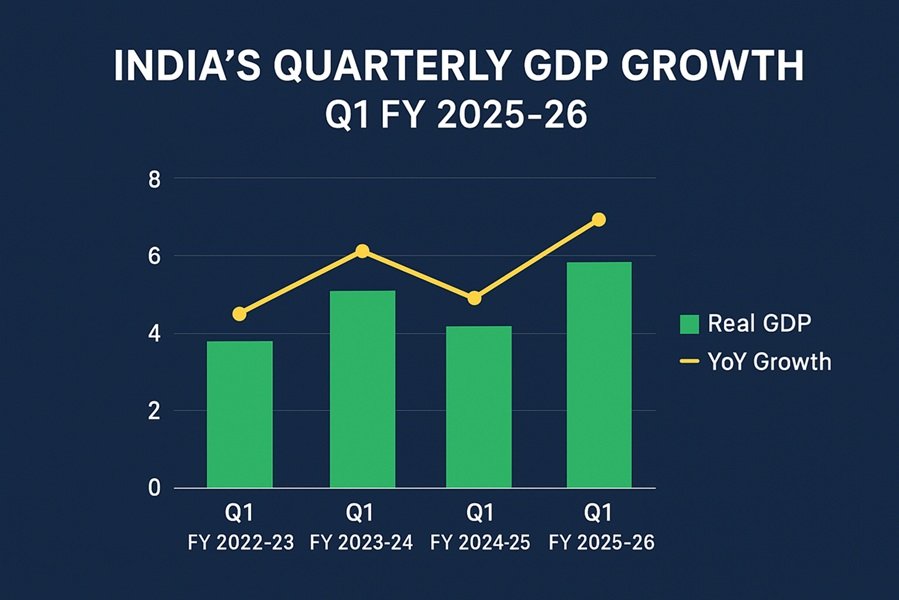
Momentum funds are a type of mutual fund or exchange-traded fund (ETF) that focuses on investing in stocks or assets that have demonstrated strong recent performance. These funds operate on the principle that assets that have performed well in the past are likely to continue performing well in the future, at least in the short term. This investment strategy is based on the concept of “momentum trading,” which seeks to capitalize on market trends and investor sentiment.
How Do Momentum Funds Work?
Momentum funds rely on various technical indicators and quantitative models to identify assets that exhibit strong upward momentum. Fund managers typically analyze factors such as:
- Price Trends: Stocks with consistently rising prices over a certain period (e.g., 3, 6, or 12 months) are selected.
- Trading Volume: Increased trading activity often confirms the strength of a momentum trend.
- Relative Strength Index (RSI): This technical indicator helps determine whether a stock is overbought or oversold.
- Moving Averages: Short-term moving averages crossing above long-term moving averages can signal strong momentum.
- Earnings and Revenue Growth: Companies with increasing earnings and revenues often attract investors, reinforcing momentum.
Once a stock or asset loses momentum, it is typically removed from the fund’s portfolio and replaced with another asset exhibiting stronger momentum characteristics.
Advantages of Investing in Momentum Funds
Momentum funds offer several benefits to investors who are willing to accept higher risk in pursuit of higher returns:
- Potential for Higher Returns: By capitalizing on rising stocks, momentum funds can generate significant gains during bull markets.
- Active Management: Fund managers regularly adjust portfolios based on momentum indicators, potentially improving returns.
- Diversification: Momentum funds often hold a mix of stocks across different sectors, reducing sector-specific risk.
- Systematic Approach: The strategy is driven by predefined criteria, reducing emotional decision-making in investing.
Risks and Challenges of Momentum Funds
Despite their advantages, momentum funds come with notable risks and challenges:
- Higher Volatility: Momentum funds can experience sharp price swings, making them riskier than traditional funds.
- Market Reversals: Sudden market downturns can negatively impact momentum stocks, leading to quick losses.
- Frequent Portfolio Turnover: High trading activity can lead to increased transaction costs and tax implications for investors.
- Performance Decay: Past performance does not guarantee future results, and momentum can fade quickly.
- Economic Sensitivity: External factors such as interest rate changes, inflation, and geopolitical events can disrupt market trends.
Who Should Invest in Momentum Funds?
Momentum funds are best suited for investors with a high-risk tolerance and a short-to-medium-term investment horizon. These investors should be comfortable with market fluctuations and have a solid understanding of technical analysis. Some ideal candidates for momentum funds include:
- Aggressive Investors: Those looking for high growth and willing to accept higher volatility.
- Active Traders: Investors who want exposure to a dynamic, trend-based strategy.
- Market Trend Followers: Those who believe in the momentum effect and wish to capitalize on market trends.
How to Invest in Momentum Funds?
Investing in momentum funds involves the following steps:
- Research Available Funds: Look for mutual funds or ETFs that follow a momentum investing strategy.
- Analyze Performance History: Check the fund’s past performance, expense ratios, and turnover rates.
- Understand Risk Factors: Evaluate the fund’s volatility and risk exposure.
- Diversify Your Portfolio: Ensure that momentum funds complement other investments in your portfolio.
- Monitor and Rebalance: Regularly review the fund’s performance and make adjustments as needed.
Popular Momentum Funds
Several well-known momentum funds and ETFs are available in the market. Some examples include:
- iShares MSCI USA Momentum Factor ETF (MTUM) – Tracks U.S. stocks with strong momentum.
- Invesco DWA Momentum ETF (PDP) – Focuses on stocks with positive price trends.
- Fidelity Momentum Factor ETF (FDMO) – Invests in stocks with strong recent returns.
- Various Momentum-Based Mutual Funds offered by financial institutions like Vanguard, Fidelity, and BlackRock.
Conclusion
Momentum funds offer an exciting investment strategy for those looking to benefit from market trends and short-term price movements. However, they come with higher risks, making them suitable for investors who understand market dynamics and can tolerate volatility. Before investing in momentum funds, it is essential to conduct thorough research, evaluate risk factors, and ensure alignment with individual financial goals.







